Fury v Usyk: Boxing's best set for chess battle of undisputed proportions
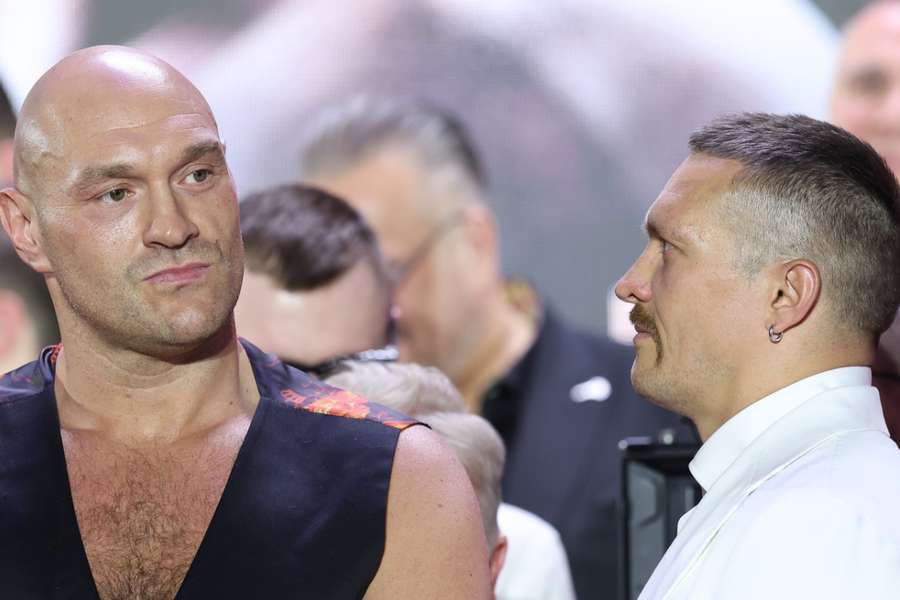
This is a battle for undisputed heavyweight glory, the likes unseen since Lewis reigned supreme 25 years ago.
The 35-year-old Fury (34-0-1, 24 KOs) will put his WBC title up on the line against the WBO, WBA and IBF belts of 37-year-old Usyk (21-0, 14 KOs).
At the time of writing, Fury remains the bookies' slight favourite to win the fight, but it seems money is sliding both ways and sitting on a knife edge.

But forget knockout predictions and brash declarations - this fight is a dance, a stylistic chess match where every step, every feint, and every attempted jab carries immense weight.
The not-so-tiny dancer
Fury, the giant six-foot-nine fighter who usually adopts an orthodox stance but is actually a natural southpaw, clearly holds a reach advantage that stretches for miles - or 85 inches to be exact.
Yet his towering size and length are deceptive. His footwork, exceptional for a heavyweight, allows him to frustrate opponents with a long jab and elusive movement. He switches stances with ease, a mix of shuffling and leaping, keeping foes guessing and bewildered.
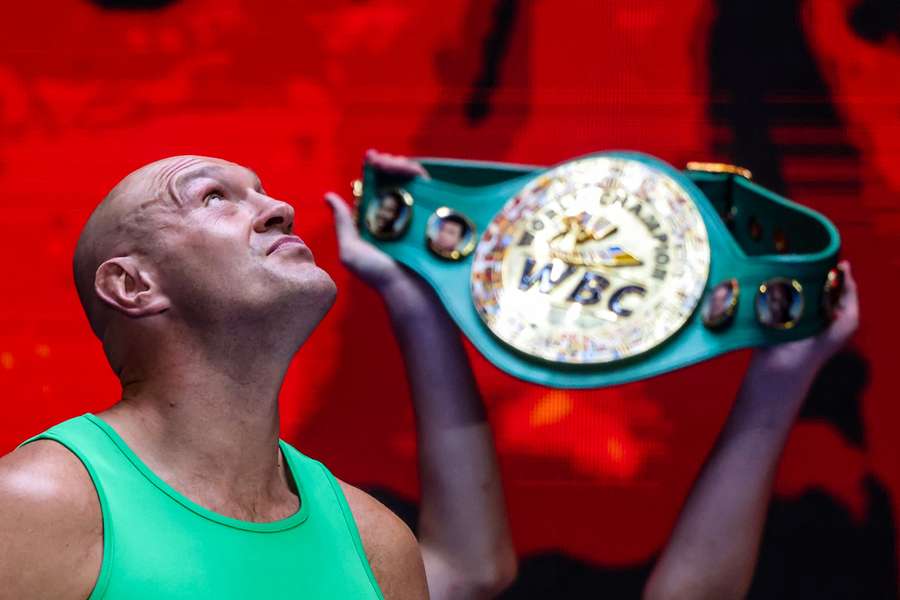
This unorthodox approach worked wonders against Deontay Wilder during their three bouts, where he weathered early punishment before dominating later rounds.
It even dethroned the then-undisputed champion Wladimir Klitschko in 2015, proving Fury's ability to outbox a master technician.
Ukraine's generational talent
Usyk, however, is a different breed altogether.
A former cruiserweight champion - a division he seemed to clean out with ease - he brings an unmatched technical arsenal akin to a not-spoken-of-enough generational talent.
Unlike Fury, the Ukrainian is an out-and-out southpaw, but his approach is far more measured.
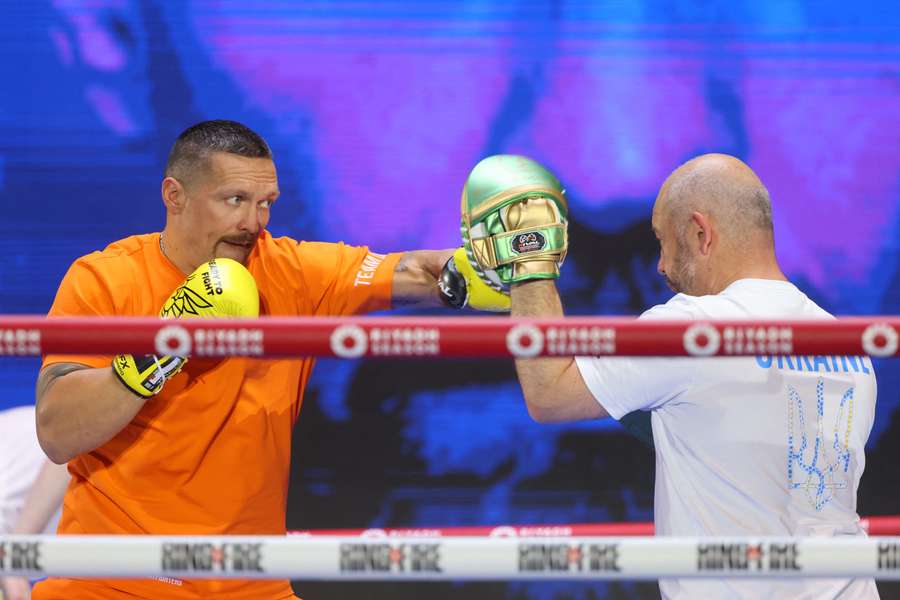
A small example of a heavyweight standing at six-foot-three and with a 78-inch reach, Usyk relies on sharp angles, feints, and a lightning-fast jab to control distance and disrupt his opponent's rhythm.
His unorthodox style, on display during his dominant wins over Anthony Joshua, a much larger fighter, allows him to outbox even the most powerful foes.
True boxing IQ test
Tactically, Usyk is second to none when it comes to controlling fights round by round, laying off and stepping on the gas at the most opportunistic times to claim victories in the many big fights in his career, especially when knockouts are harder to find.
But despite being second to none, no one comes as close to his boxing IQ as the Gypsy King, another genuine master of picking his moments and riding out storms - and even colossal knockdowns - to win massive fights.
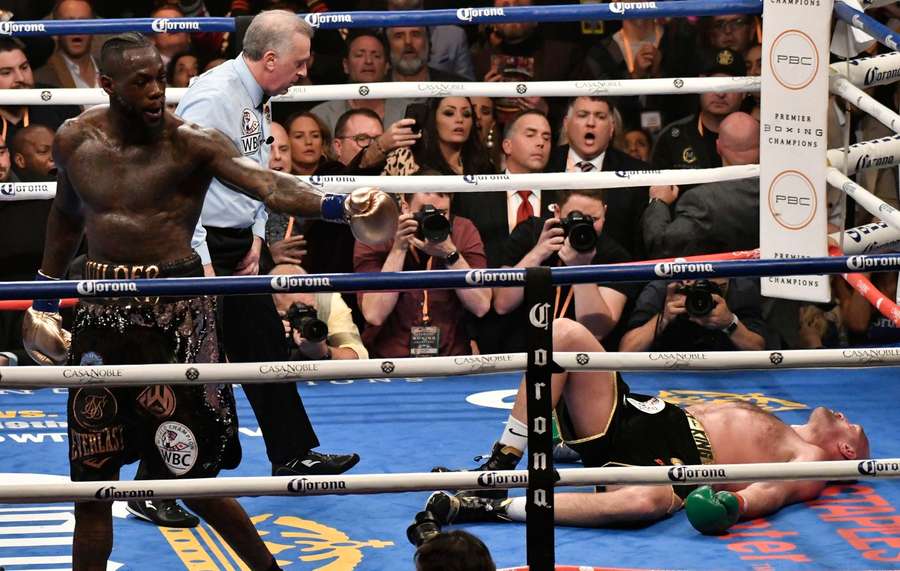
Fury's chin is still up for debate though. The big man has suffered highlight-reel knockdowns in his previous big fights against Wilder and Francis Ngannou,
On the flipside, Usyk has never once been knocked down as a pro, although he was sent to the canvas by Daniel Dubois after what was controversially ruled to be a low blow.
Chess match of massive proportions
The match-up itself is a captivating puzzle and a wonderful example of the old "styles make fights" adage.
Although Usyk is no stranger to being the smaller man, Fury's size will be a constant hurdle for him, forcing him to work his way inside the jab and navigate the Brit's reach.
But if Usyk can find his way into the pocket, which he usually does, his technical mastery could shine.
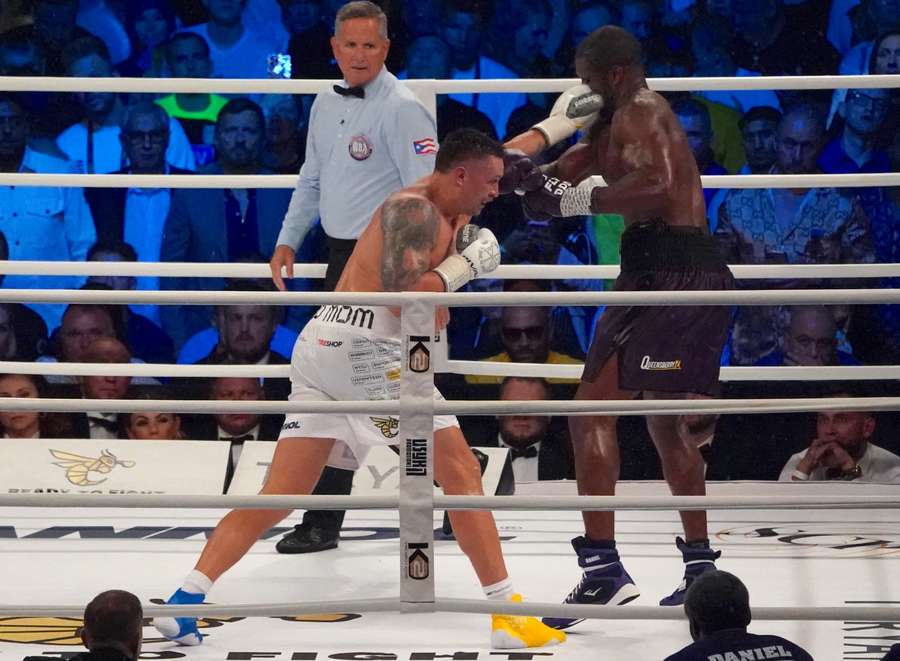
His head movement and footwork will be key to avoiding Fury's thunderous punches, whereby one can often be enough to end a fight.
The fight hinges on three crucial questions: Can Usyk maintain his work rate for 12 rounds against a bigger opponent? Conversely, can Fury stay mobile and avoid getting bogged down in close-quarters battles where Usyk thrives? And can Fury's chin withstand the precision of a Usyk thunderbolt?
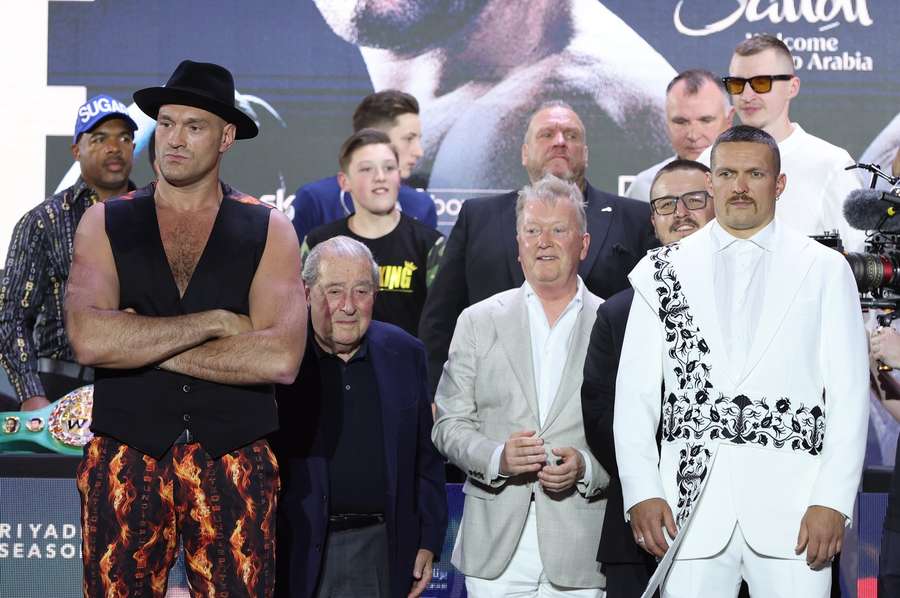
This isn't a fight to be decided by brawn alone. It's a battle of strategy, adaptation, and exploiting weaknesses.
It's a heavyweight dance unlike any other, and the winner will not only be crowned undisputed champion but will also etch their name in boxing history forever.

